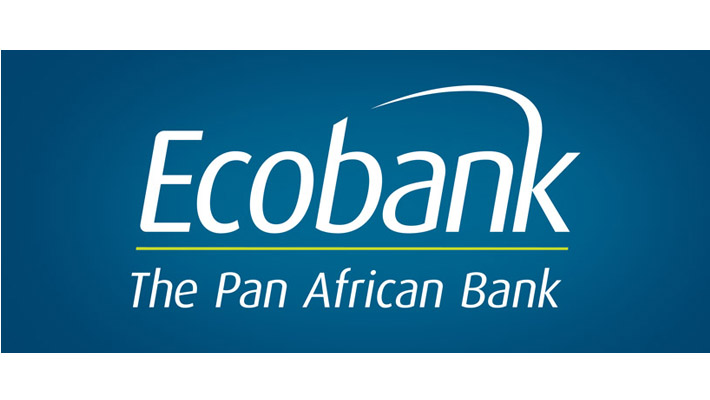More summersaults’ on the side of the global finance group, the International Monetary Fund (IMF) on the performance of the Nigerian economy relative to ability to repay rising debts have emerged.
The group on Monday expressed concern over Nigeria’s capacity to repay its debts and stressed the need for the Federal Government to mobilise more revenues domestically.
Business Hilights recalls that earlier in the year, IMF had averred that the country’s debt profile is still within comfortable limit, a total deviation to what it said on Monday.
The Washington-based fund, at the public presentation of the Spring 2018 Issue of the Regional Economic Outlook for Sub-Saharan Africa, said the public debt in the region was on the rise and is becoming a big burden of the future to pay.
IMF Senior Resident Representative and Mission Chief for Nigeria, Amine Mati, said, “The number of countries in debt distress has increased. From six countries in 2014 to eight in 2015, to 10 in 2016, and today 15 countries. These are low-income economies.
Continuing, the official noted that “Now, I know the question that is going to come from here is: Where is Nigeria? Nigeria is not considered a low-income economy. Nigeria’s debt stock figure, which is 20 to 23 per cent of Gross Domestic Product, is still quite low by any standard. The issue is capacity to repay the debts. So, interest payment to revenue is an issue.”
While putting Nigeria’s total revenue at six per cent of GDP, IMF argued that it has become needful to ramp up domestic revenue mobilization in Nigeria to remain safe after all.
IMF added that “There is a lot that can be done to increase revenue very quickly,” noting that Value Added Tax rate had been quite low in Nigeria.
The official was of the view that doubling the compliance on VAT from 25 to 50 per cent would increase the VAT ratio from 0.9 per cent of GDP to close to two per cent.
However, both previous and ongoing drives by the current government to push up the VAT in Nigeria had continued to be met by stiff opposition by ailing indigenous manufacturers considering the exorbitant cost of production and slow recovery from recession.
Nigeria’s debt stood at N21.73tn as of December 31, 2017, compared to N12.12tn as of June 30, 2015, according to the Debt Management Office (DMO).
Besides, the Director-General of DMO, Ms. Patience Oniha, had said the composition of the debt stock as of the end of 2017 showed that external debt was 26.64 per cent of the portfolio, up from 20.04 per cent in 2016, while the domestic debt was 73.36 per cent, down from 79.96 per cent in 2016.
According to her, government had been working aggressively to shore up revenues as well as reduce borrowing costs even as issue of debt burden is still within survival limits contrary to IMF’s stand.
She argued that “The debt service is a function of the interest that you pay on those borrowings as well as your revenue. The critical part is that revenue has been low relative to the size of the GDP. So that has to go up”.
On what government is doing on debt service, Oniha revealed that “The new debt management strategy, which we started implementing last year, seeks to moderate the growth of interest expense by shifting some of the borrowing externally”.
“If we were borrowing on the domestic market, last year we would be borrowing at about 16 to 17 per cent and early on the year, 18 per cent. But we went to the international market. So rather than borrow that $4.8bn that we borrowed in the international market in the domestic market, we borrowed at below eight per cent. If we raised the money in the domestic market, we would have had to pay those high rates,” DMO boss claimed.









